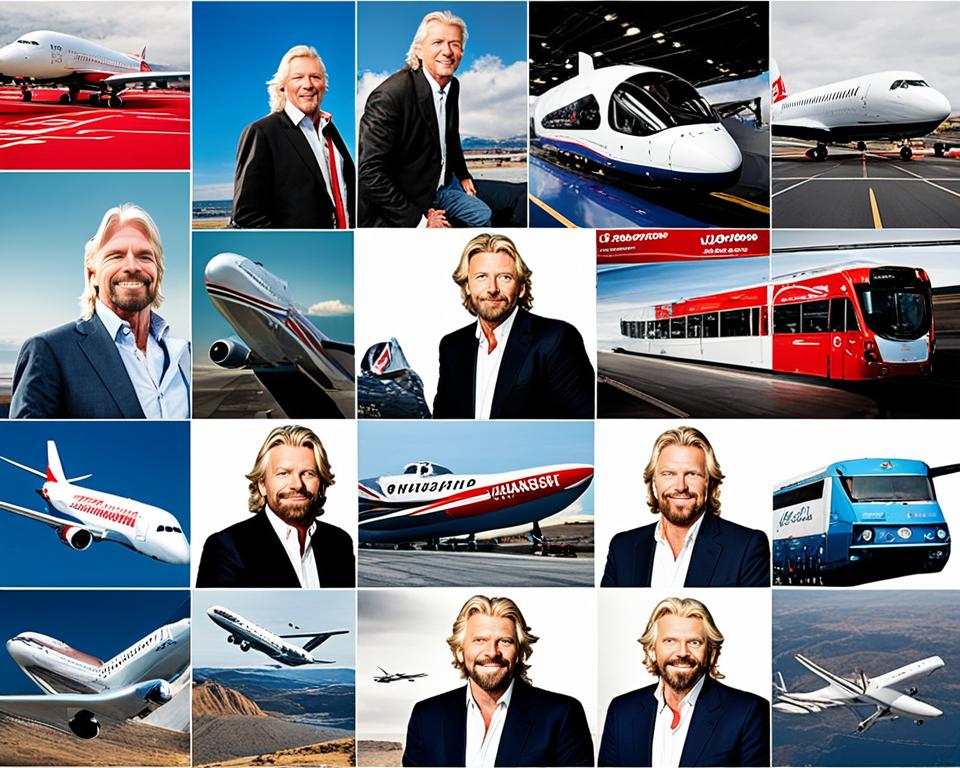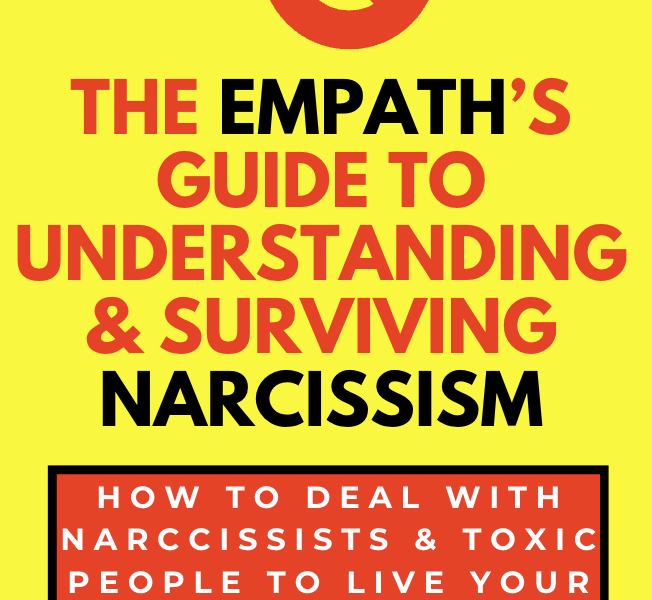Richard Branson, the chairman of the London-based Virgin Group, has amassed his wealth through a diverse range of businesses under the Virgin brand. From airlines to financial services and even condoms, Branson’s ventures span multiple industries.
His unconventional approach to business and his knack for taking on industry giants have played a significant role in his success. Branson’s net worth is estimated to be $3.5 billion, a testament to his ability to build and grow businesses.
Now, let’s dive into the details and explore how Richard Branson made his money, the sources of his wealth, and the secrets behind his entrepreneurial success.
Key Takeaways:
- Richard Branson built his empire through a diverse range of businesses under the Virgin brand.
- His net worth is estimated to be $3.5 billion.
- Branson’s success stems from his unconventional approach and willingness to challenge industry giants.
- His ventures span industries such as airlines, financial services, and more.
- Stay tuned to discover the entrepreneurial spirit of Richard Branson and his strategies for success.
Table of Contents
The Entrepreneurial Spirit of Richard Branson
A key factor in Richard Branson’s success is his entrepreneurial spirit. He has always been willing to take risks and challenge conventional business wisdom. Branson embraces the “David vs Goliath” mentality, often pitting his smaller businesses against industry giants.
Branson’s strategies prioritize the consumer’s point of view and aim to provide high-quality, innovative, and value-driven products and services. His approach emphasizes not only creating a successful business but also building a strong emotional connection between consumers and the Virgin brand.
One of Branson’s key millionaire strategies is to identify market gaps where dominant players are overcharging and underdelivering. By disrupting industries with better alternatives, he has been able to create a strong foothold for the Virgin brand and generate immense success.
Branson’s entrepreneurial journey serves as an inspiration to aspiring entrepreneurs, highlighting the importance of embracing risks, challenging the status quo, and prioritizing consumer needs. His success story showcases the power of combining innovation, drive, and a strong connection with consumers.
Richard Branson’s Entrepreneurial Strategies:
- Challenge industry giants
- Prioritize consumer needs
- Create high-quality, innovative, and value-driven products and services
- Build a strong emotional connection between consumers and the Virgin brand
- Identify market gaps and disrupt industries with better alternatives
Richard Branson’s entrepreneurial spirit has contributed to his success and the growth of the Virgin brand.
Building the Virgin Brand
Richard Branson has successfully built the Virgin brand into a global powerhouse, with over 40 business subsidiaries spanning various sectors. This achievement has significantly contributed to Branson’s net worth, which currently stands at $3.5 billion. The Virgin brand’s success can be attributed to its core values of high quality, innovation, good value for money, challenging existing alternatives, and a sense of fun.
Branson’s approach is to disrupt industries and provide better alternatives to consumers by identifying areas where dominant players are overcharging and underdelivering. By challenging the status quo, the Virgin brand has been able to establish a positive reputation and an emotional connection with consumers.
The Virgin Group’s diverse portfolio includes businesses in sectors such as airlines, telecommunications, music, and hospitality. Each subsidiary operates with the shared commitment to deliver exceptional products and services that meet consumers’ needs.
Key Success Factors of the Virgin Brand
- High Quality: The Virgin brand is synonymous with quality, ensuring that customers receive top-notch products and services.
- Innovation: Branson encourages innovation across all Virgin businesses, constantly seeking new ways to provide unique offerings to consumers.
- Value for Money: The Virgin brand aims to deliver excellent value for money, ensuring customers receive the best possible products and services at competitive prices.
- Challenging Existing Alternatives: Branson’s disruptive mindset is evident in the Virgin brand’s ability to challenge established competitors and offer better alternatives.
- Sense of Fun: The Virgin brand injects a sense of fun and excitement into its consumer experiences, creating memorable interactions that differentiate it from competitors.
The success of the Virgin brand has not only propelled Branson to great financial success but has also established the company as a leader in various industries. The brand’s strong reputation and emotional connection with consumers have played a pivotal role in its growth and success.
Learning from Failures
Richard Branson’s entrepreneurial journey to wealth and success has been marked by both triumphs and failures. Despite his notable achievements, Branson has had his fair share of unsuccessful ventures and investment blunders.
Examples of his business failures include Virgin Brides, a wedding dress company that didn’t capture consumer interest, and Virgin Cola, which failed to compete with established soda giants. These setbacks, however, have not deterred Branson. On the contrary, he views failures as invaluable learning experiences and opportunities for growth.
Branson emphasizes the importance of embracing failure and extracting valuable lessons from it. By analyzing his missteps, he has been able to identify areas for improvement and make informed decisions moving forward.
Branson firmly believes that failure is an essential part of the entrepreneurial journey. It provides an invaluable perspective, allowing entrepreneurs to gain insights, develop resilience, and refine their strategies.
The ability to adapt and pivot after experiencing setbacks has been crucial to Branson’s overall entrepreneurial success. Rather than dwelling on failure, Branson uses it as a catalyst for innovation and reinvention.
Lessons from Richard Branson’s Failures
- 1. Embrace Failure as a Learning Opportunity: Rather than fearing failure, view it as a chance to learn and grow. Analyze your mistakes, identify areas for improvement, and use those insights to refine your business strategies.
- 2. Adapt and Pivot: Resilience is key in entrepreneurship. When faced with adversity, be willing to adapt and pivot your approach. Explore new avenues, embrace change, and seize opportunities for innovation.
- 3. Use Setbacks to Fuel Innovation: Failures can spark creative thinking and the development of groundbreaking ideas. Let your setbacks inspire you to find innovative solutions and create disruptive offerings that challenge the status quo.
- 4. Develop a Growth Mindset: Adopt a growth mindset that embraces challenges and sees failure as a stepping stone to success. Believe in your ability to learn, improve, and overcome obstacles along your entrepreneurial journey.
By learning from failures and applying those lessons to future endeavors, entrepreneurs can increase their chances of long-term success, just as Richard Branson has done throughout his own career.
Richard Branson’s Net Worth and Growth
Richard Branson’s net worth has experienced fluctuations over the years, influenced by various factors such as economic recessions and the impact of the COVID-19 pandemic. Between 2012 and 2022, Branson’s net worth has ranged from $3.4 billion to $5 billion.
The revenue generated by the Virgin Group, which exceeds $20 billion annually, contributes significantly to Branson’s wealth. Despite facing challenges in the business world, Branson’s ability to adapt and innovate has played a vital role in maintaining and growing his substantial fortune.
Richard Branson’s Net Worth Timeline
| Year | Net Worth (in billions) |
|---|---|
| 2012 | $3.4 |
| 2013 | $4.6 |
| 2014 | $4.9 |
| 2015 | $5.1 |
| 2016 | $4.8 |
| 2017 | $5.1 |
| 2018 | $4.8 |
| 2019 | $4.0 |
| 2020 | $4.7 |
| 2021 | $3.5 |
| 2022 | $5.0 |
Branson’s net worth growth highlights his ability to navigate through financial challenges while capitalizing on opportunities. The Virgin Group’s diversified portfolio and Branson’s entrepreneurial strategies have played a significant role in his journey toward accumulating wealth.
Conclusion
Richard Branson’s entrepreneurial journey and financial success are a testament to his unique approach to business. With a net worth of $3.5 billion, Branson’s diverse business ventures, combined with his willingness to take risks, have propelled him to become one of the wealthiest individuals in the world.
Branson’s ability to challenge the status quo and prioritize consumer needs has been key to his success. By embracing the “David vs Goliath” mentality, he has disrupted industries and provided high-quality, innovative, and value-driven products and services through the Virgin brand.
His captivating story serves as an inspiration to aspiring entrepreneurs who seek to create their own path to success. Branson’s example highlights the importance of thinking outside the box, creating emotional connections with consumers, and embarking on a journey fueled by passion and determination.


